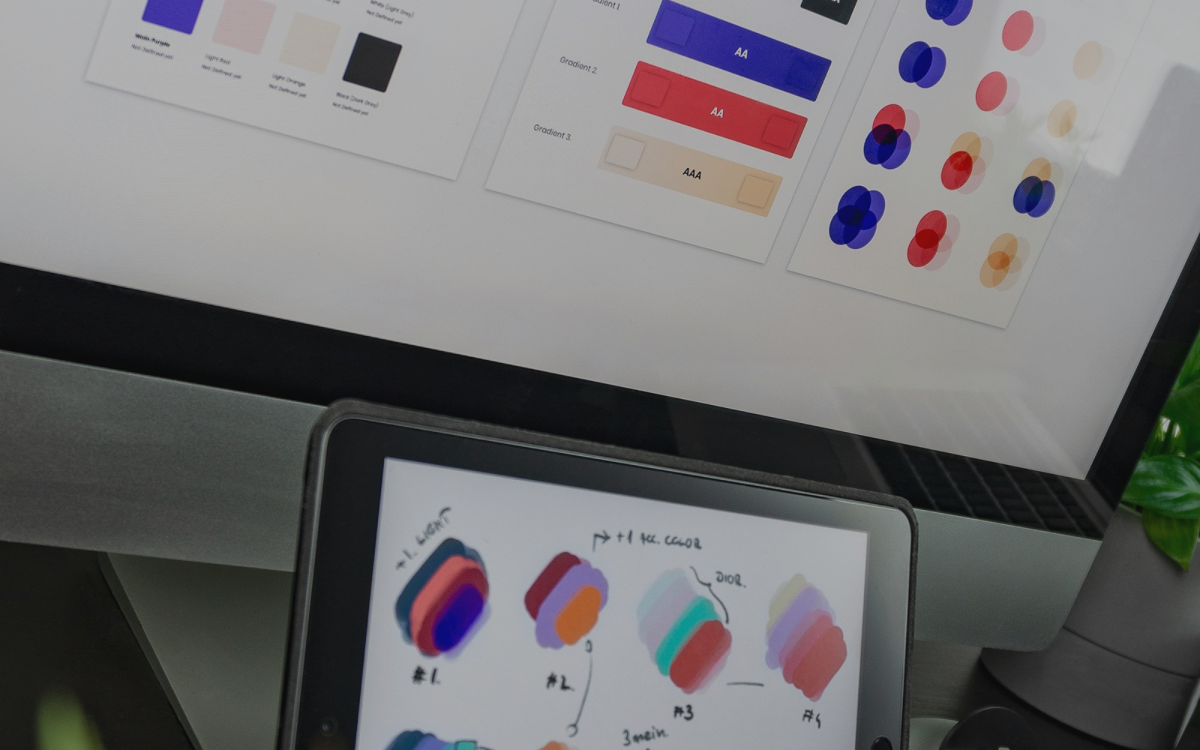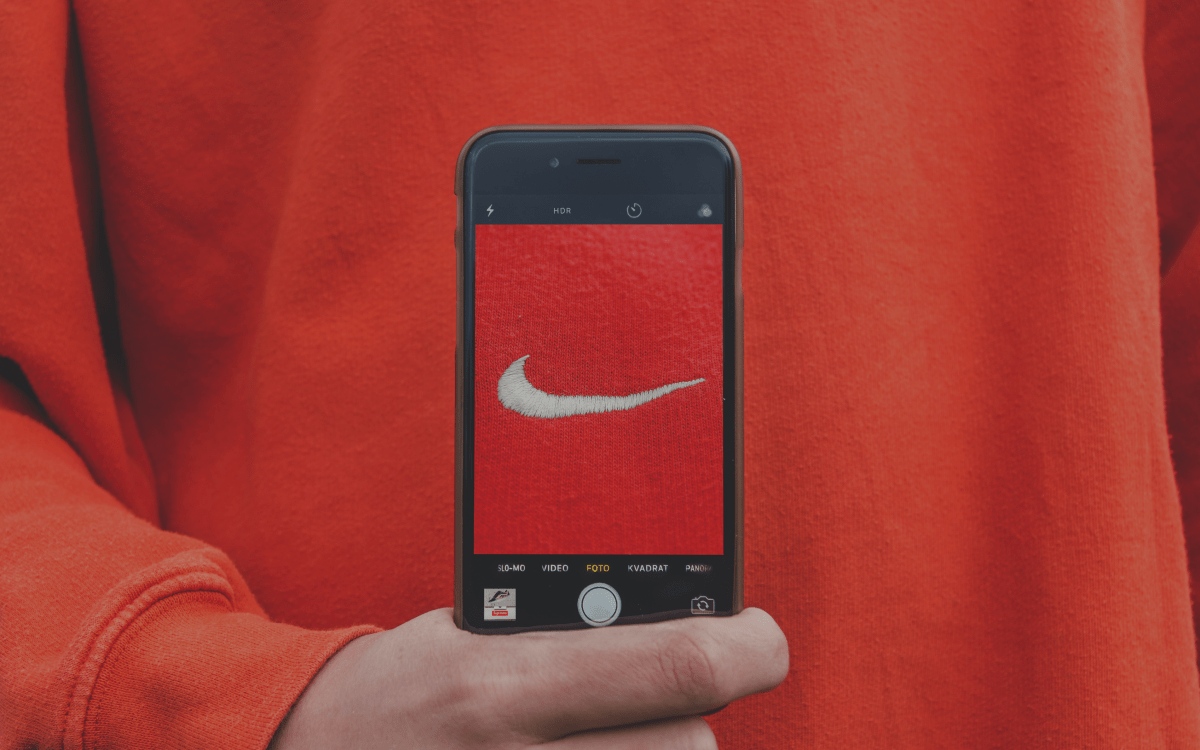Great design isn’t a one-time project — it’s an ongoing investment. Find out how consistent branding can elevate your business long-term.
Discover why taking the time to carefully define your brand’s values and purpose is essential for lasting impact.
AI is transforming creative industries, but it’s not here to replace human creativity; it’s here to enhance it. In this post, we explore how AI can elevate your work, its potential pitfalls, and why ethical considerations matter more than ever.
The right brand framework can make or break your growing portfolio. We explore the 4 most common ways of approaching brand architecture along with the positives and negatives of each.
Your brand is more than just a logo or a tagline—it’s the essence of how your business operates and stands apart from competitors. Here are 3 signs it's time for a change.
Explore the vital importance of branding for startups. Delve into five compelling reasons why strategic branding is indispensable for success.
Get clarity on brand strategy: from defining brand identity to navigating market positioning and maximizing customer engagement for sustainable growth
Recognize when it's time to rebrand: evolving market trends, shifting audience perceptions, and strategic repositioning for renewed brand relevance
Discover why small business branding matters: build credibility, stand out in the market, and foster customer loyalty for sustainable growth.










